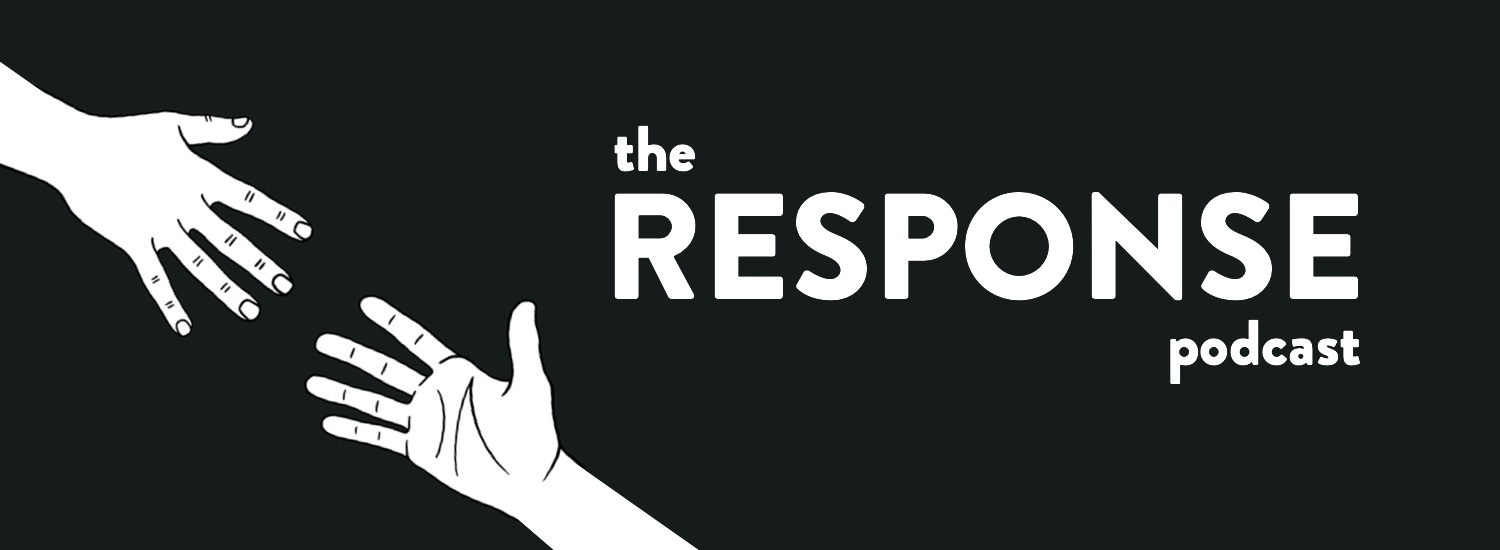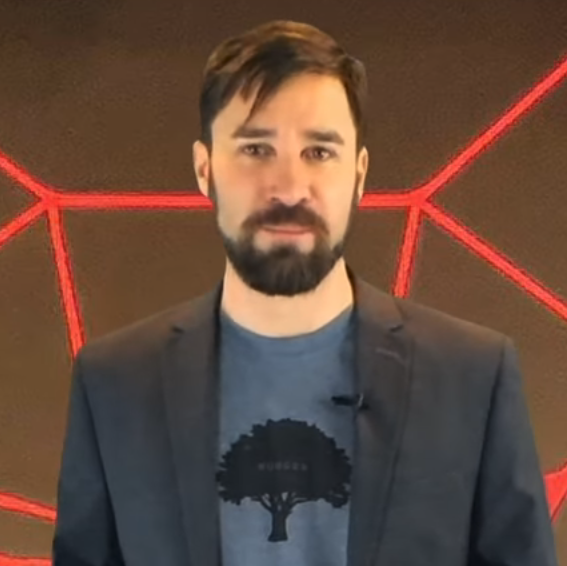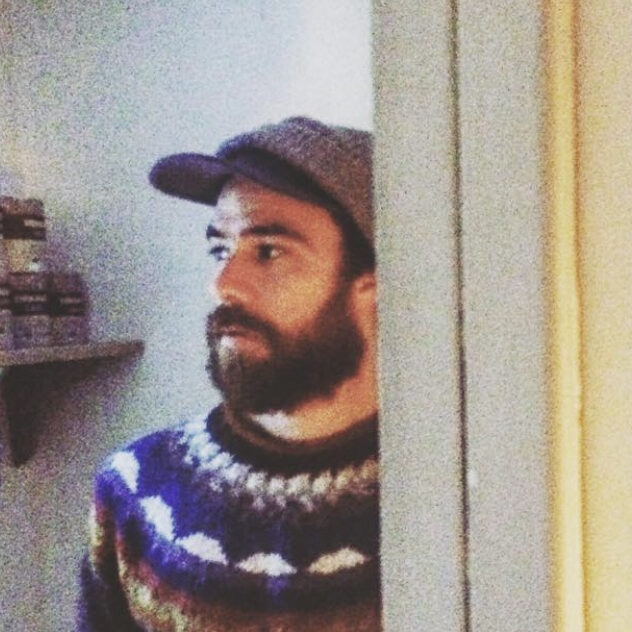Last week, Columbia University’s climate school released a new data set which, according to analysis from the Associated Press, shows that exposure to extreme heat around the globe has tripled since 1983 – impacting a quarter of the world’s population.
Many places on the planet set new records for both maximum temperatures and heat-related deaths this year.
According to data collected by Eurostat, there was a significant spike in the number of deaths in June and then again in late July early August coinciding with European heatwaves.
Here’s a few examples of what that impact looked like in practice. During the June heatwave in Italy, there were over 900 excess deaths in a single week. And over the course of the July/August heatwave, there were more than 1,500 and 2,300 excess deaths in France and Greece respectively.
A clear and present danger awaits our species if we are unable to keep global temperature below the 1.5 degrees Celsius rise that climate scientists have identified as proverbial the line in the sand. Even at current levels things are looking and feeling pretty dire.
But it’s not all doom and gloom, significant actions are being taken at the city level despite the mostly disappointing (inter)national policies coming out of COP26.
Eleni Myrivili was recently appointed as the first Chief Heat Officer for the City of Athens.
The position is part of an initiative that started from the Atlantic Council’s Arsht–Rockefeller Resilience Center’s “Heat Workstream” in collaboration with the mayor of Athens.
On September ninth, Shareable contributor Robert Raymond interviewed Myrivili while working on our most recent audio documentary, The Response: Heatwaves and Energy Poverty in the Mediterranean.
The following is an excerpt from the interview that has been edited for length and clarity.
You can listen to the entire conversation on The Response podcast.
Robert Raymond: Can you describe the heatwaves and wildfires in Greece this Summer?
Eleni Myrivili: This was a really hard summer for Athens and for Greece, as it was in general for the Mediterranean — a lot of Mediterranean countries ended up having heat waves and ended up reaching temperatures that were record-breaking for Europe.
As soon as the heatwave started peaking, there were wildfires that broke out in the very urban forests of Athens. And because of the prolonged period of very high extreme temperatures that started with, it really was like a powder keg. The trees just went up in flames.
There were ashes dropping like ash rain in Athens for days. I have never seen that before and it covered everything. For several days, we had these post-apocalyptic-like images in the sky of these grey clouds with a reddish kind of light coming through them. Photographs and images that we have seen from California and from Sydney. I mean, we are now starting to share this imagery, which really feels like a post-apocalyptic movie.
I’m so sorry that those in Greece have to experience that, it’s become part of our everyday life from May till November here in California and the skies are often orange.
Exactly. It’s a very eerie unsettling feeling and very scary. And for us, that are dealing with climate change, it really brings to the forefront what we will be facing in the future much more often than we are now. And it’s daunting.
What connection is there between these heatwaves and fires with climate change?
2020 was the hottest year ever recorded for Europe and the accumulation of Summers one after the other with extreme weather conditions, extreme heat and longer and more intense heatwaves have been a reality that we’ve been facing more and more.
So I think that the whole idea of climate change is the fact that it’s all happening extremely fast in a very condensed period of time, and it seems like we have never seen this type of what we call the irregularity so concentrated in such a short period of time. Does that make sense?
It does, thank you. Is energy poverty an issue in Greece or in Athens?
Through university studies, we have recorded a very high percentage of energy poverty in Athens because of the period of recession and economic crisis that started in the previous decades. We know that a high percentage of people of lower classes are unable to afford to turn on their air conditioning or their heating in the winter because they just don’t have the economic capacity to do so. And this is very problematic.
There’s also a lot of people who lost their homes during the recession and a lot of immigrants that live together in small apartments that experience energy poverty.
What have you been able to do to address these issues?
We haven’t really focused on energy poverty in any comprehensive or integrated kind of strategic way. We have started doing information campaigns to inform people about the dangers of being in a hot apartment and explaining what they can do to protect themselves.
Another thing that we’ve been doing during COVID is a service called, “Help at Home Plus” which includes mapping people that live alone and that cannot take care of themselves. Services went to them from the municipality, including people buying food for them, cleaning up their house every now and then, offering psychological support, and a whole series of other services, including cooling.
The other thing that we used to do is open cooling stations. These are locations in different neighborhoods so when we have a heatwave they have air conditioning and people come and rest and kind of stay there.
But this has actually not been a very effective or successful measure because we have very small numbers of people actually going to these cooling stations. And we’ve seen similar results in other cities that have tried the same thing. Very few people actually go there.
We’ve also seen responses and initiatives from other cities, like New York, which does this thing called “The Buddy System,” so people check on people when the heat rises and when we are starting to have heatwaves. And I think this is something that we should set up in Athens as well.
Can you describe how you came to be the Athens Chief Heat Officer?
I was elected to city government in 2014 in Athens, and I ran a program that was the same type of program in a hundred cities around the world called 100 Resilient Cities. And this program was based on a methodology that was very bottom-up; stakeholder engagement and talking with the people to figure out both the challenges and the solutions for making the city more resilient.
And so, after creating the Resilience Strategy for Athens 2030, I asked to be appointed deputy mayor for urban nature and climate resilience. Because this was the aspect that nothing was being done and nobody was really talking about it. And so through the process of assessing what were the challenges for the cities, it was very, very clear that one of the major issues was extreme heat and what comes along with it.
I realized that there was very little work being done about heat in cities. – Eleni Myrivili
When most people think of climate change, they think of sea level rising or extreme events like hurricanes or stuff like that. But there’s very little work that’s been done to prepare cities for heat. So I ended up becoming the chief heat officer because I’ve been trying to find ways to be heard and more effective while working on these issues in Athens, and in other cities as well.
So what are some of the things that you are involved in right now as part of your role as the Chief heat Officer?
So my role recently started, right? But of course, as I said, I’ve been thinking about this for a long time.
The way I think of it is basically three buckets of things. The first basic policies and actions that I have to set into motion have to do with awareness-raising and education. Because again, as we’ve said many times, heatwaves and extreme heat are silent killers. It rolls in and nobody really knows what’s going on and then rolls out. Nobody really knows how many people have ended up in hospitals, how many people have died, and what the effects really have been.
It’s difficult for people to conceptualize and to understand it as an entity and to kind of link it to specific public health problems and the ecosystemic problems that it creates. So we need to kind of learn much more about it.
So a big part of my work is to make the heat more visible and concrete. – Eleni Myrivili
It will be game-changing if we manage to start naming and categorizing heatwaves. So they’re not this vague thing that doesn’t have a clear beginning and an end. I think [naming and categorizing heatwaves] will make it easier for the media to communicate them and for decision-makers to set into motion specific responses based on what level of heatwave is being forecasted.
The second bucket has to do with protecting the most vulnerable during heatwaves. This ranges from government-level decisions that have to do with, for example, energy suppliers and how energy is best allocated and monitored so that we don’t have blackouts. In Sydney, I think, the city has come into agreement with energy providers so that when they go into heat waves, they divert all of the energy from the industrial sector to the residential sector so that when there’s more demand, they don’t have blackouts. I find this to be one of the brilliant solutions that we can set into motion.
And then the final bucket is that we have to transform our cities and really aggressively take back public space from cars and really focus on public transportation and on bringing nature and water to the cities. We can’t just kind of keep talking about creating parks or planting trees. I mean, all this is great and I don’t want to say we shouldn’t do this, but I think we should really ramp up the efforts and create forests in cities – long, elongated forests in cities where we can take away space from cars and create other types of mobility that do not depend so much on the car.
We have to rethink the surfaces of cities, use different types of materials, and bring water to the surfaces, which is very important and use water together with greenery to lower temperatures.
I love your idea of forested cities, where do I sign up for that?
I was just thinking about how important social cohesion is in situations that have to do with extreme weather events. This comes back to the theme of your podcast. There is this book called Heat Wave, and it talks about the 1992 Chicago Heat Wave. I think Eric Klinenberg is the name of the author, it’s a great book and everybody should read it. Part of what is really important is that he mentions how neighborhoods that were poorer and socioeconomically of lower status and income that were more densely built and had some kind of a sense of community actually had less morbidity and mortality related to this heatwave than other neighborhoods that had single homes and were more upper class.
If you have a really good network and a really good social fabric, people tend to help each other and find ways to support each other in periods of crisis that are extremely important. – Eleni Myrivili
And we saw that in Athens too during the economic recession. The neighborhoods actually worked to support people in many, many different ways. The bottom-up kind of initiative started from zero. And I think that this was one of the most interesting lessons that we got during the economic recessions in Athens. More than anything else, this kind of solidarity, social solidarity that came from the bottom-up was really stunning. And I’ve seen that in America, in the U.S. You have a robust social community in many parts and in many of your cities.
Rebecca Solnit, an author based in California, writes about disaster collectivism. The idea is that when we are faced with a rupture in society and some kind of collapse, all of a sudden we see these really beautiful efforts arise just spontaneously. People want to help and be in community. And they’re these horrible events, but they turn into beautiful examples of how we can actually practice solidarity and build community and resilience in ways that we’re kind of blind to in normal circumstances.
That’s very true. I definitely can recognize what you’re saying in the crisis that we went through in Athens.
Well, thank you so much, this has been a really great conversation, and I really appreciate all your insights and your wisdom, and your experience.
Editor’s note: There are now Chief Heat Officers in Miami, USA and Freetown, Sierra Leone. Eleni’s proposal to start naming and ranking the intensity of heatwaves is gaining traction. A new bill to create a ranking system in California will be introduced when the Legislature reconvenes in January and according to the authors, it’s possible that the state could also consider a system of naming heatwaves in the future.











